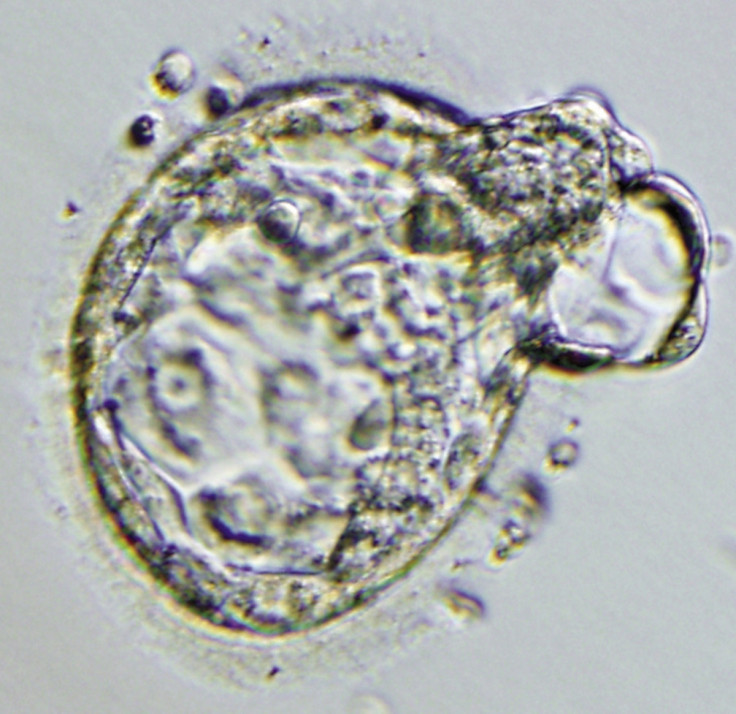Scientists create 'complete' model of human embryo, without sperm nor egg
These models of human embryos could have various uses in medical research.

Scientists in Israel have successfully managed to create a synthetic model of a human embryo using stem cells grown in a lab. The model resembles a two-week-old embryo, as per the findings published in the journal Nature on Wednesday.
The stem cell-based embryo-like structures (SEMs) were made without using sperm, eggs, or a womb by scientists at the Weizmann Institute of Science in Israel.
It says that the researchers have been able to produce the most complete embryo so far. The scientists further claim that the research will help in studying various stages of human development. They believe that these embryos may also help test the safety of medications during pregnancy in the future.
"The drama is in the first month, the remaining eight months of pregnancy are mainly lots of growth. But that first month is still largely a black box", said team leader Jacob Hanna.
"Our stem cell–derived human embryo model offers an ethical and accessible way of peering into this box. It closely mimics the development of a real human embryo, particularly the emergence of its exquisitely fine architecture".
They also emphasised that the team is still far from creating an embryo from scratch, but the model will open doors to more advanced research.
Scientists have in the past attempted to create embryos artificially in the lab without much success. This time they used "naive" human stem cells that rearrange themselves into "complete" embryo-like structures. They were then cultured in a lab for one more week and eventually grew into real human embryo structures.
The scientists even carried out a pregnancy test to see if the embryo was growing well, and the outcome was positive. Stem cells have huge potential in the medical world, as they can transform into any other cell type in the body.
It also needs to be noted that previously, embryos could be grown in a lab for up to seven days, after which they had to be transferred to the womb to remain alive and grow further.
Researchers later developed a technique that allows embryos to survive in a lab for up to 14 days after fertilisation. Most countries do not allow embryo research beyond 14 days, as at this stage all the main tissues that form the human body get formed.
However, work on human embryos has raised ethical fears about superhumans and designer babies, with experts warning that much about such experiments remains unknown.
© Copyright IBTimes 2025. All rights reserved.






















